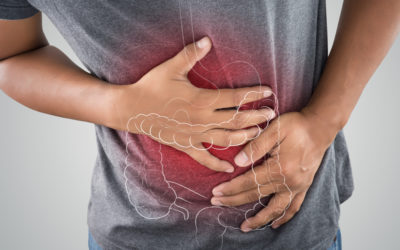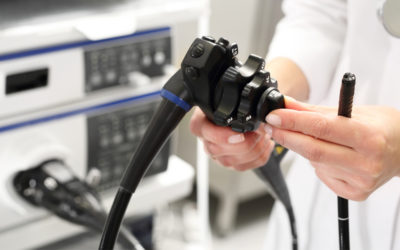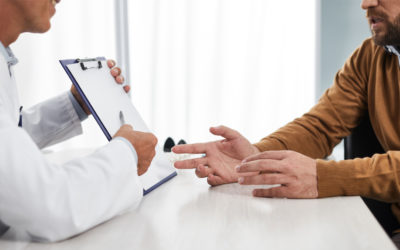Capsule Endoscopy
During this procedure, your gastroenterologist will give you a pill sized video camera to swallow. A sensor device will be applied to your abdomen to wear 8-12 hours during the study. The capsule is swallowed and passes through your digestive system while transmitting video images to the data recorder worn on your belt. This small camera has its own light source and will take pictures of your small intestine as it passes through. The pictures are then sent to the small recording device that you are wearing.
After you have swallowed the capsule, you will be allowed to drink clear liquids after two hours and have a light meal about four hours unless your doctor tells you otherwise. You will be instructed to avoid any vigorous physical activity during the study.
At the end of the procedure, the data recorder is removed by your doctor. The capsule can be safety flushed down the toilet. The recorded images are reviewed by your gastroenterologist with results being available within 24-72 hours.
Schedule an Appointment
Call 618-282-7373
Related Services and Conditions
Gastroenterology
A healthy digestive system is essential for the body to function properly. When an illness or disease interrupts this, it can be painful, frustrating and even embarrassing. Fortunately, offers gastrointestinal (GI) services to help...
Colonoscopy
Colorectal Cancer Screening and Colonoscopy Prep Although colorectal cancer is one of the most common cancers in the United States, it often goes undetected, according to the American Cancer Society. Symptoms do not usually occur until the disease is advanced and 75%...
Fecal Matter Transplant for C Diff
Clostridium difficile or C. diff is a bacteria that causes recurring and severe diarrhea, nausea and fever. Those infected with C. diff have usually been taking antibiotics for other infections. While antibiotics help fight bad bacteria, they can also kill good...
GERD
Tired of that burning sensation in your chest — particularly at night? Could your painful swallowing, nausea, heartburn be caused by Gastroesophageal reflux disease (GERD)? If you experience a burning sensation in your chest, sometimes spreading to your throat, along...
Upper GI Endoscopy
If you’re suffering with symptoms or a condition affecting your digestive health, is here to help. Gastroenterologists specialize in upper GI endoscopy, a simple outpatient procedure to help diagnose and treat problems with the esophagus,...





